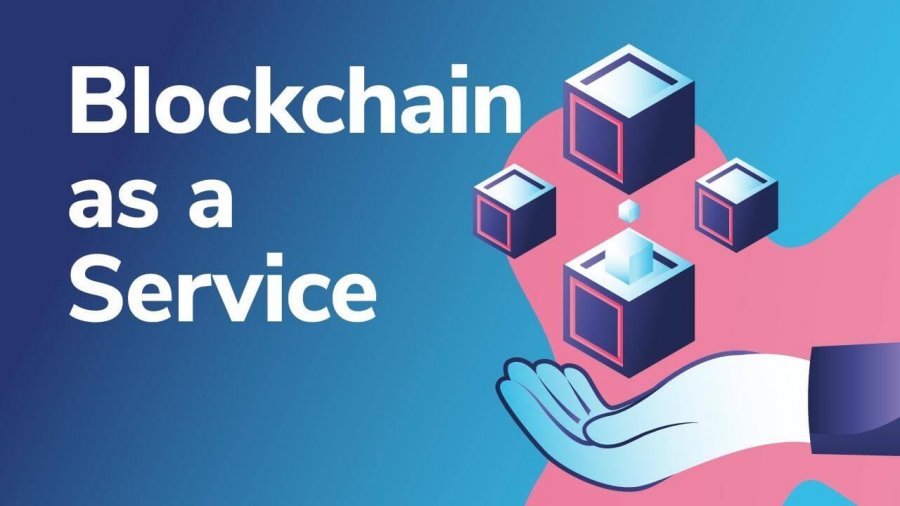It is easy to understand that when we talk about web app development, there is need of technology that will help to develop an effectual website. There are many different programming languages and technology platforms available in the market but choosing the best platform for developing a customer-friendly and responsive website is the actual need.
PHP is the simplest programming language which is highly used for crafting intuitive and customer-friendly website applications. Rasmus Lerdorf is the person who has worked hard in inventing the PHP language by developing the server side scripting language and making the open source code available for free. PHP is the most secured language which later on develops different PHP frameworks for providing full to developers in developing different websites and web applications.
Here are some top benefits of using PHP Framework for website and web app development:
- Simple code maintaining and reusability.
- Highly secured language.
- Model view controller for separate presentation.
- Swift web development.
- Scalable web app and website development.
- Object-oriented programming structure.
Let’s elaborate different PHP Frameworks which are designed to build diverse websites and web apps:
1) Laravel Framework
Laravel is a web framework which was released on June 2011 and created by Taylor Otwell to an offer free, cross-platform and open-source framework for the web app development need by following MVC (Model View Controller). It is considered as the simplest and hassle-free PHP framework for developers to work on the development process. The most important feature of Laravel Framework is a Personal Templating Engine known as Balde which is useful for providing no performance overheads for your website.
Following are some important features of Laravel Framework:
- Packaging system
- Relational database
- Utilities for app deployment
- Maintenance
- Syntactic sugar
- Personal templating engine – Blade
2) Symfony Framework
Fabien Potencier is the original author of Symfony which was released on 22 October 2005 and developers from Symfony contributors and SensioLabs has made huge efforts to bring this cross-platform web app development framework in the market for providing full ease to developers. Symfony provides flexible and fast development as it has an expandable framework. Symfony offers full comfort and convenience for developers while coding for developing user-friendly websites and web apps.
Important features of Symfony are listed below:
- Template Engine called Twig
- Prototyping tool
- One-click back-end administration
- Functional testing framework
- Debug panel
- Command line interface
- Logging features
3) CodeIgniter Framework
The developers from British Columbia Institute of Technology has taken an initiative to work on CodeIgniter Framework and released on 28 February 2006. It’s an open-source, cross-platform PHP Framework which helps in developing web apps and websites rapidly.
Here is the feature-list for CodeIgniter:
- Remote Code Execution
- SQL Injection
- XSS Attacks
- Model View Controller
- Session Management
- Light-weight and highly secured
4) Yii Framework
Yii Framework was initially released on October 2006 and got a stable release on 3 November 2017 with a 2.0.13 version. The Yii Framework helps your website to boost its performance at a faster rate compared to other platforms. It’s an object-oriented, open source, component-based model view controller PHP Framework used for developing web applications based on different enterprise needs.
Below are some essential features of Yii Framework:
- MVC Design Pattern
- WSDL Service Specifications
- Web Service Request Handling
- Layered Caching scheme
- Error Handling & Logging
5) CakePHP Framework
Initially, CakePHP was released on April 2005 which later gets updations with improvement in the Framework. Available in multilingual, CakePHP is a cross-platform Framework used for giving impressive user experience in the websites developed by developers. Being the oldest PHP framework, CakePHP is still on the top list of frameworks with a bundle of features that developers love to use for website development and web applications.
CakePHP offers unbeatable feature-list:
- ORM features
- SQL injection prevention
- Cross-site request forgery (CSRF) protection
- Cross-site scripting (XSS) prevention
- Improved session management
- High-level security
- Input Validation
6) Phalcon Framework
Phalcon was released on 2012 under BSD License with a team of developers Andres Gutierrez and more. The aim of developing Phalcon was to develop MVC-Based Framework which provides high performance when opt for developing websites and web apps. The web server extension of Phalcon is written in C and Zephir which is used for enhancing execution speed, cut down the use of recourses and improves the capacity to manage more and more HTTP requests.
Features of Phalcon Framework are:
- Effective routing
- View templates
- Proper Caching and ORM
- Handles query language
- Different controllers
7) Zend Framework
Zend Framework was released on 3 March 2006 by the development team from Zend Technologies under New BSD License. The motive of Zend Framework is to provide robust website and web app development solutions having an open-source, cross-platform and object-oriented structure. It’s a huge framework designed for handling huge and complex projects having awesome features to fulfill project need. Zend has a scalable framework which is highly beneficial for handling complex development project systematically.
Here are some top features of Zend Framework:
- Cryptographic coding tools
- Drag and drop editor
- Instantaneous online debugging
- PHP Unit testing tools
- Linked Database Wizard
- Flexible caching sub-system
8) FuelPHP Framework
The team of FuelPHP developers has worked on FuelPHP Framework Development and released it on 9 April 2016. FuelPHP is based on PHP5.3+ developed by including the features of all other PHP Frameworks for providing more ease to developers in delivering feature-rich web applications. FuelPHP is a Model View Controller (MVC) Framework that provides full support to HMVC. It is getting huge popularity due to its modern features which adds value to the whole web app development process.
Let’s see the important features of FuelPHP Framework:
- URL routing system
- RESTful implementation
- Streamlined router
- Secure cookies
- Flash messages
- Trouble-free configuration process
- HTTP caching
- Object Relational Mapper (ORM)
- HMVC implementation
9) Slim Framework
The Slim framework is a sophisticated and open source framework that supports URL routing and middleware architecture. This framework supports flash messages, encrypted cookies, page templates and has many such features. It has the capability to develop best-performing web applications for small and huge enterprise both. The latest release of Slim Framework was done on 26 November 2017 which is Slim 3.9.1. Mainly Slim Framework is used for building RESTful APIs.
Here are some features of Slim Framework:
- HTTP Router
- Middleware
- PSR-7 Support
- Dependency Injection
- URL routing
- Client-side HTTP caching
- Session and cookie encryption
10) Aura Framework
Aura Framework offers library packages which can separately be used in the code. The developers who love to write code will enjoy using the Aura Framework as it is no dependent on full stack opinionated framework. When any project is done under Aura Framework then it has many different library packages which are of high quality, semantically versioned, independent library package and utilized in the required coding structure.
Here are different features of Aura Framework:
- Highly Lightweight & Slim
- Complete Guide
- Ideal for Smal REST APIs
- Enthusiastically Developed
- Add-ons comprises HTTP Caching and Flash
Wrap Up
In such a technology-based world, it is little hard to run a business successfully without having a web app for your business area. There are millions of websites available on the Internet today which are getting a huge customer base and increased business revenues in their particular industry sector. As we all know that, this is 21st century and technology will definitely going to boost and make its strong impacts on every industry.
Author Bio
Bhavesh Parmar is a Senior SEO Analyst at Agile Infoways, who helps businesses to generate leads. He is passionate about content marketing.


























Leave a Reply